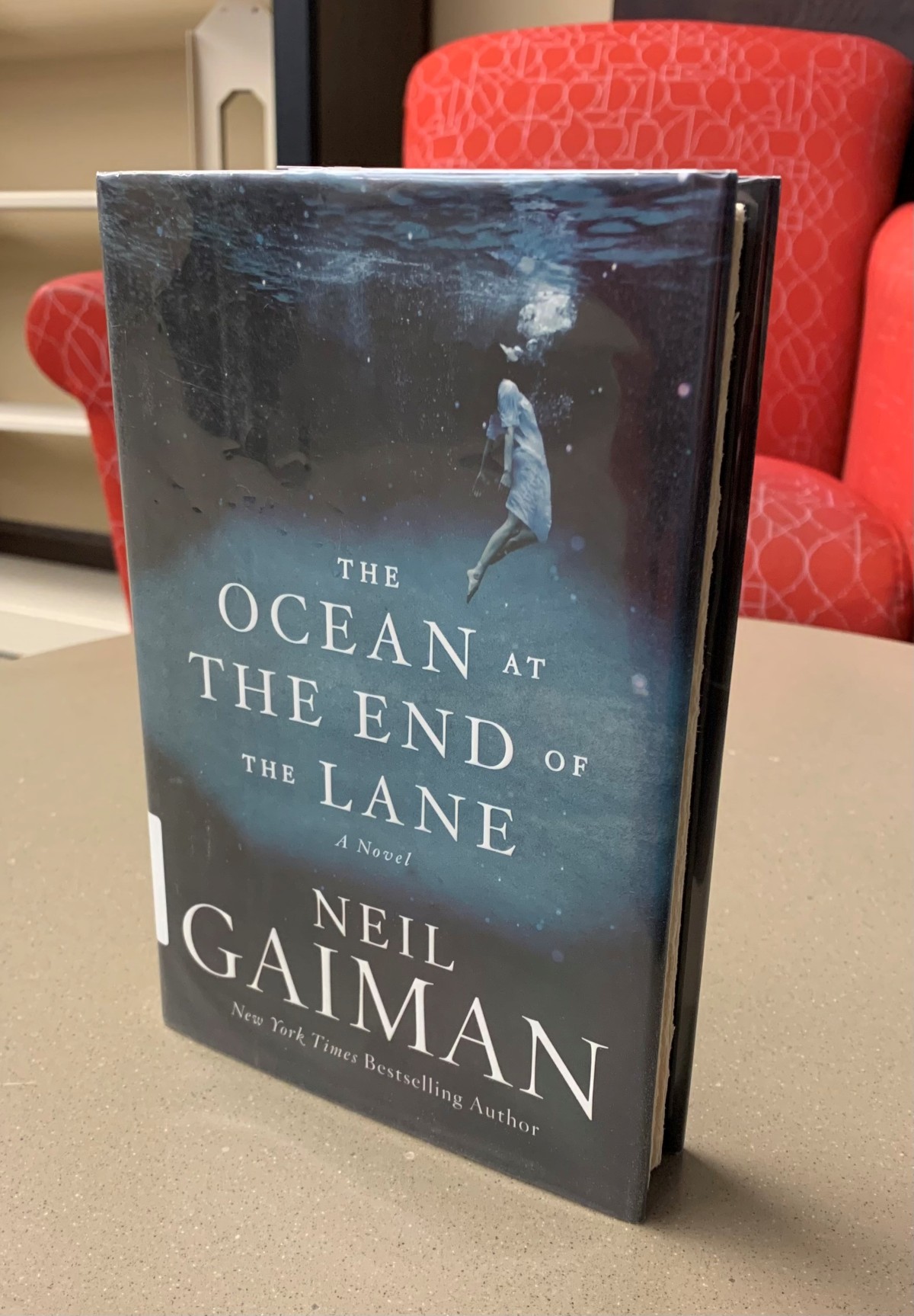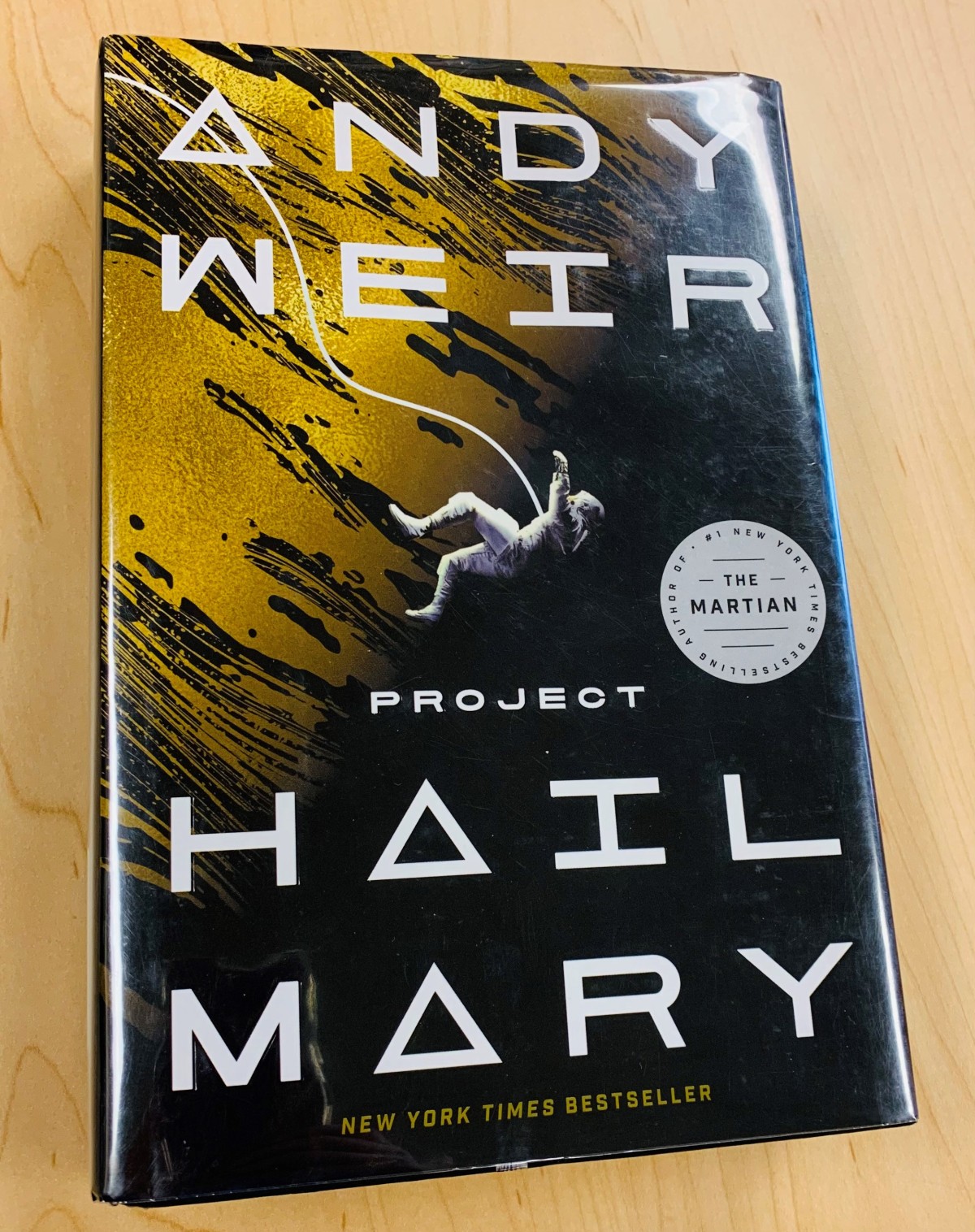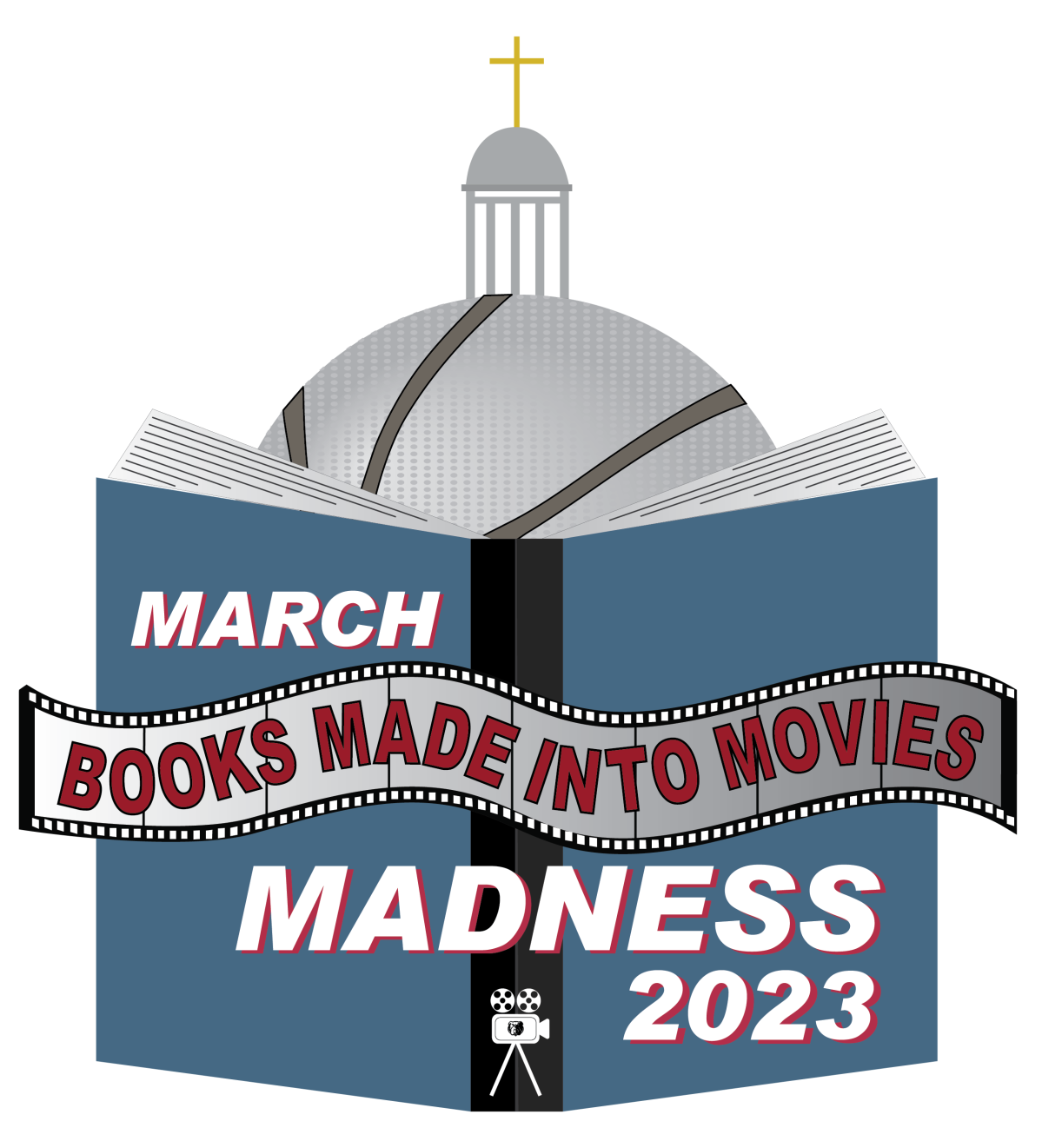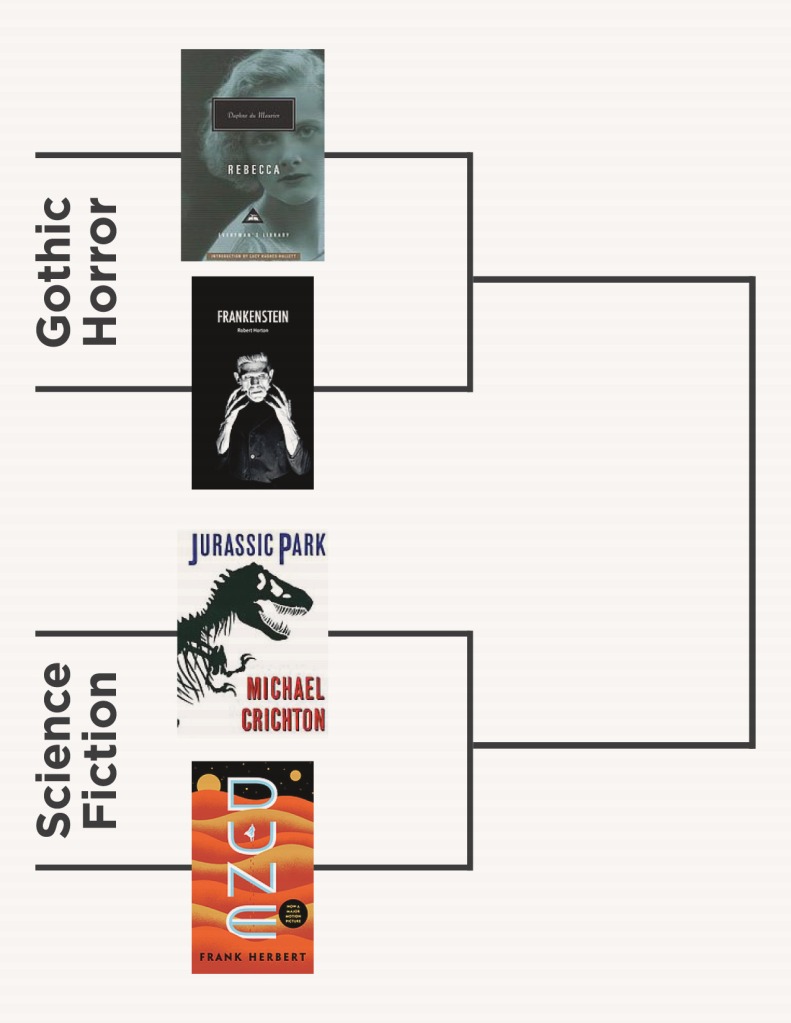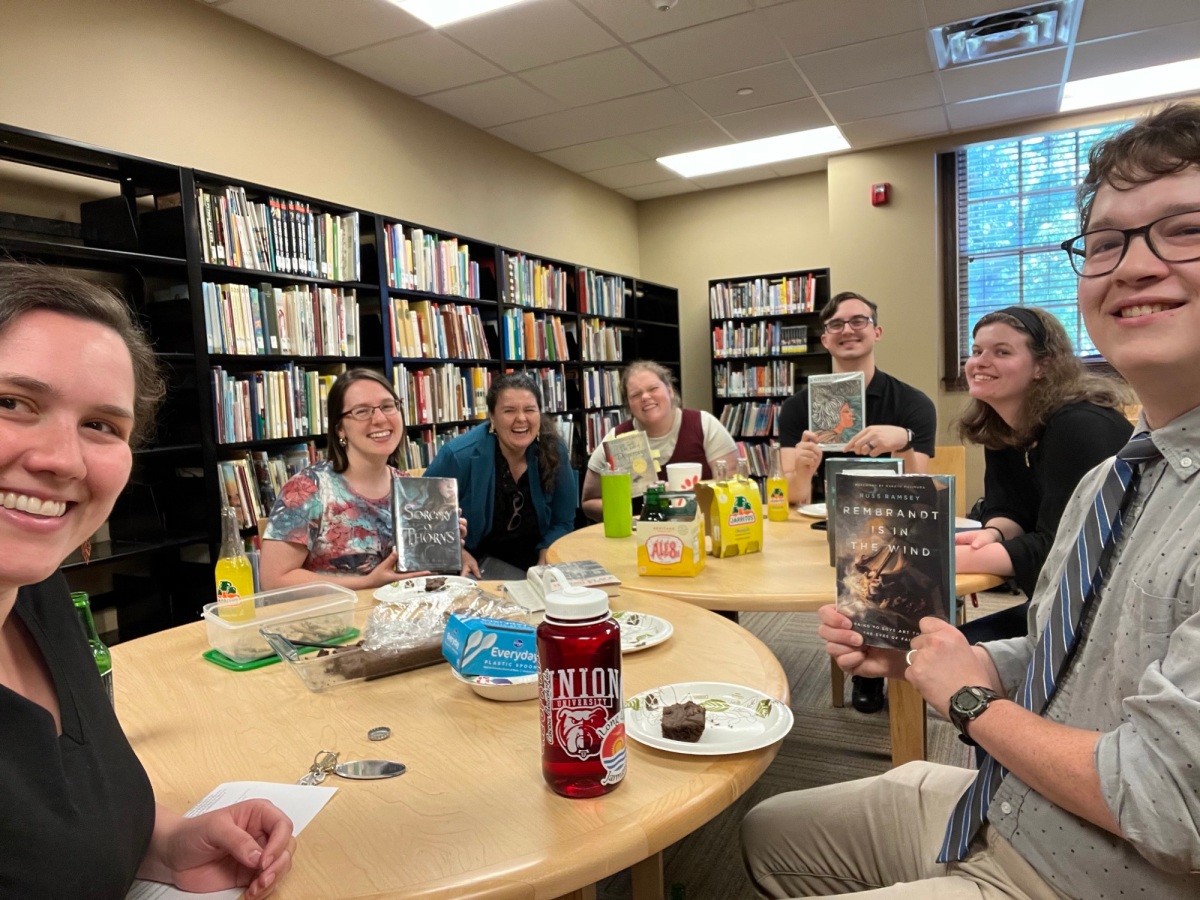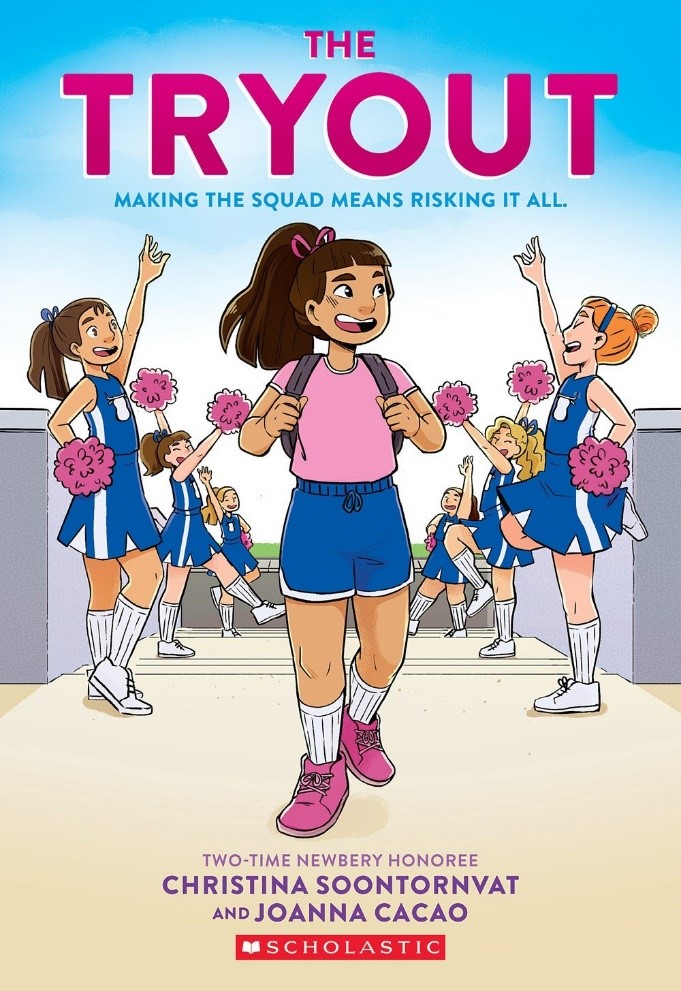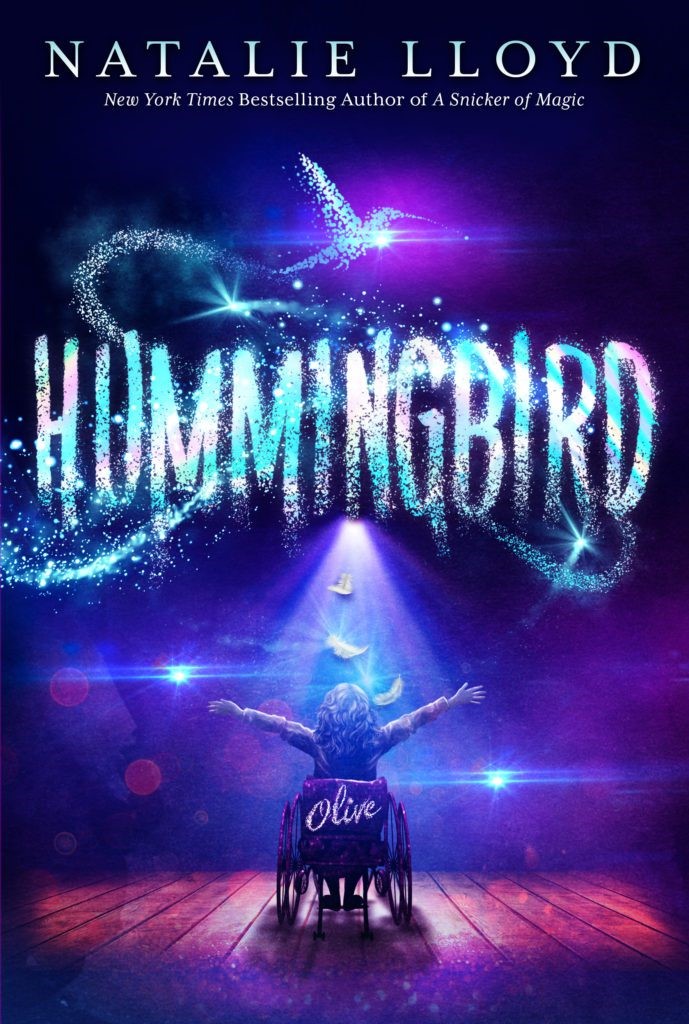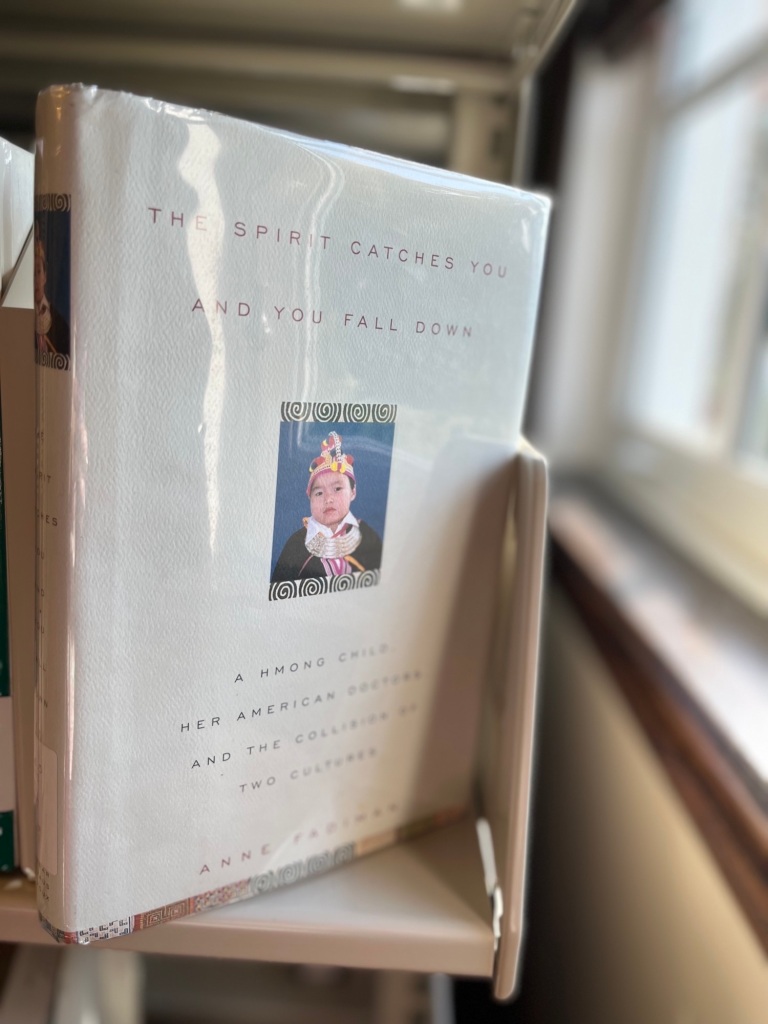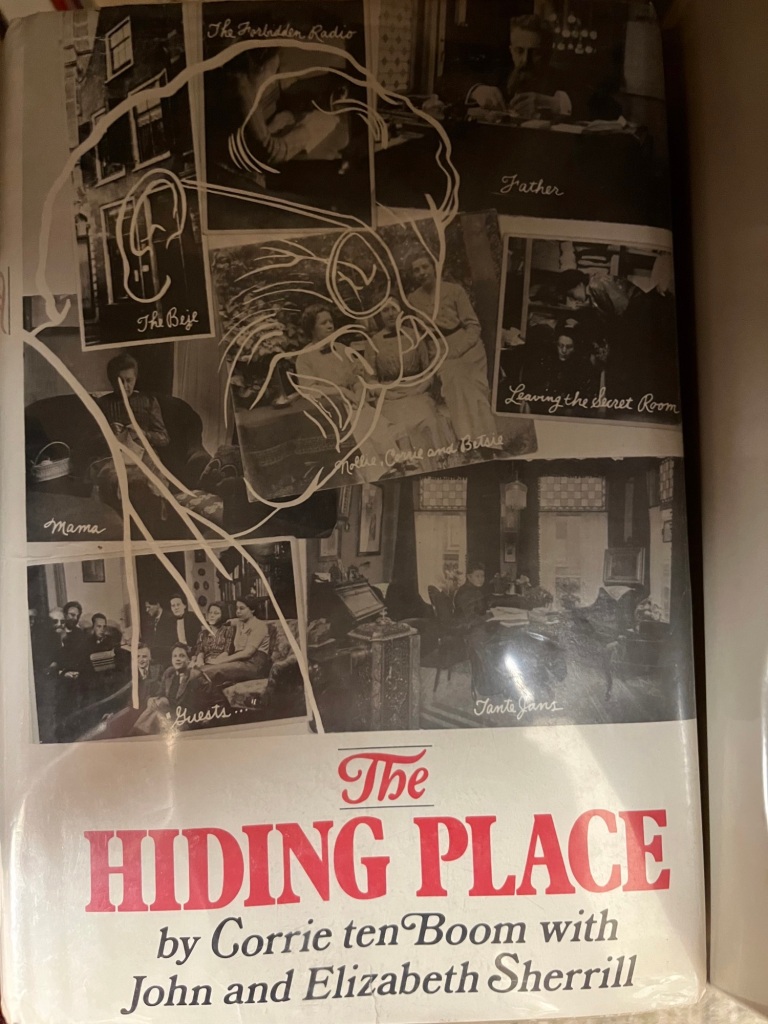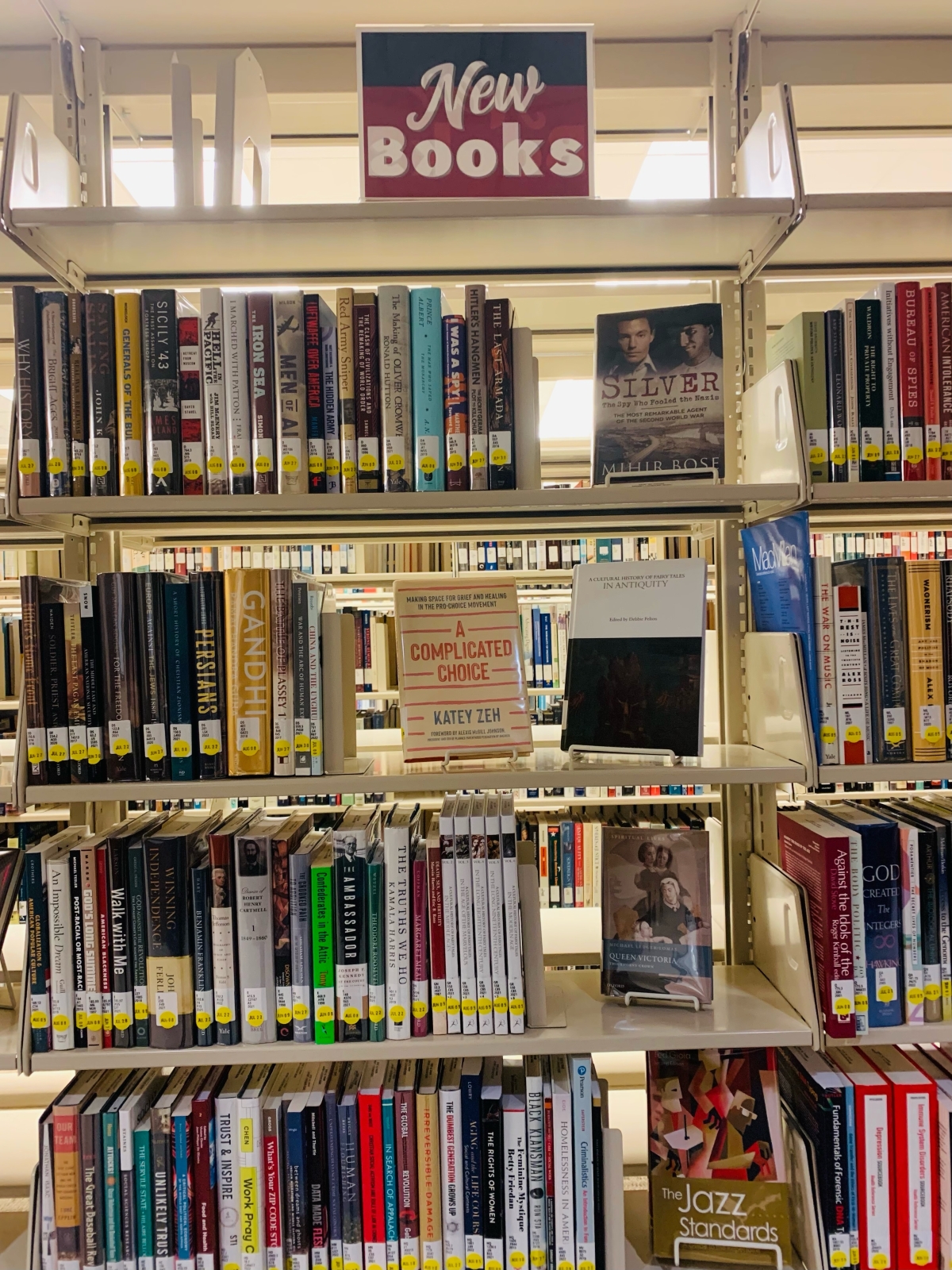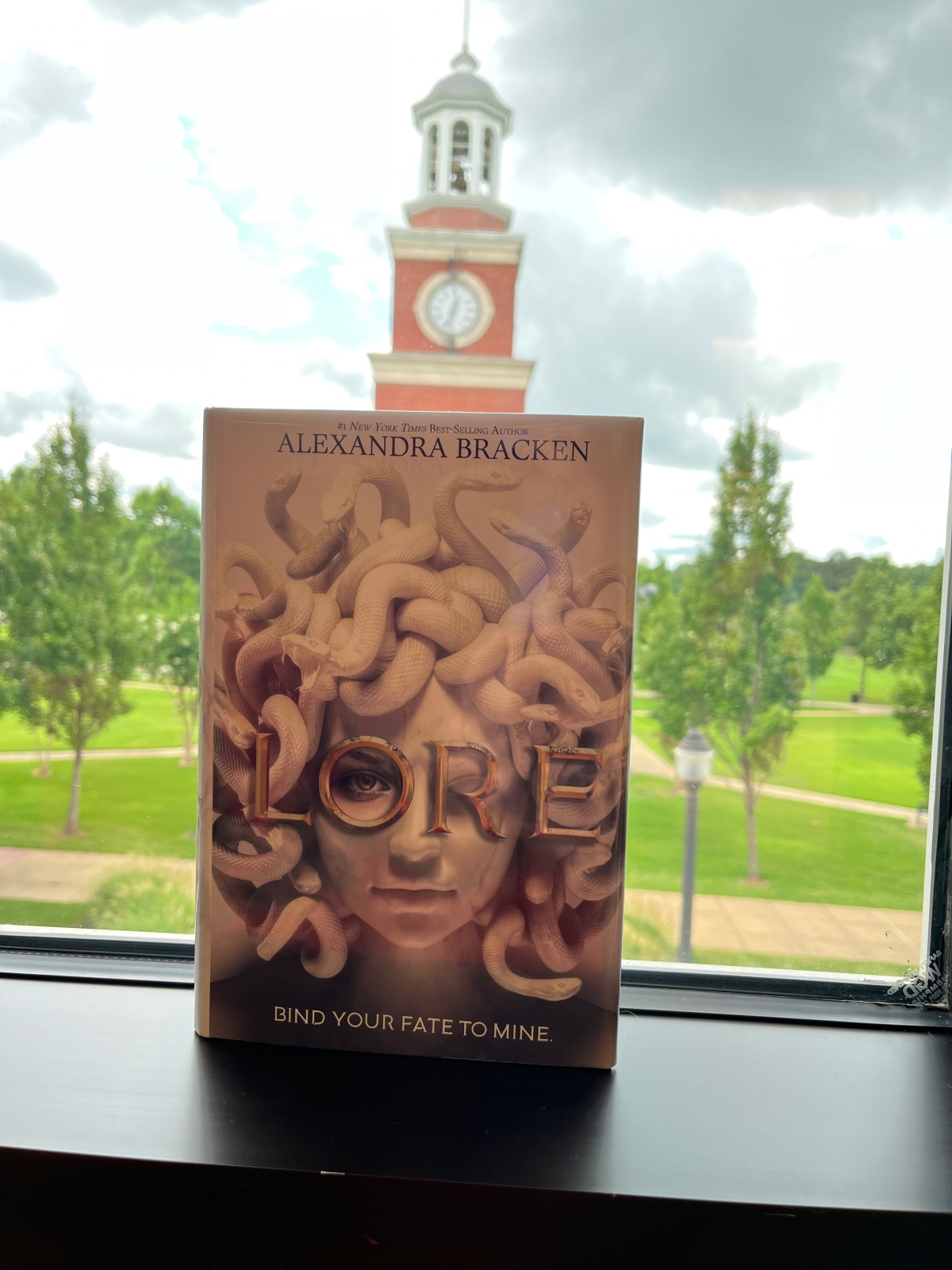The library staff book club just finished reading and discussing The Ocean at the End of the Lane by Neil Gaiman, a horror fantasy novel that follows an unnamed narrator who remembers events that occurred when he was only seven years old. When dark creatures from the beyond break into the world, only three mysterious women who live at the end of the lane and claim their pond is an ocean can save humanity from extinction.
Library staff members share their opinions about the novel below…
What were your overall thoughts and feelings about The Ocean at the End of the Lane?
Amber Wessies, Instruction Librarian, said: I did not care for this book. I found it to be very odd with little point. During the book club, it was mentioned Gaiman was providing commentary on how adults treat children, which I did not pick up on at all. All the interactions with the parents were fairly shallow, although cruel, in many ways. I personally wouldn’t recommend this book.
Darius Mullin, Evening Circulation Supervisor, said: I enjoyed it! There were parts where I was fascinated and parts where I was uncomfortable and parts where I couldn’t put it down because I had to know what was going to happen. I appreciate authors who can convincingly write about “magic” as something that is not a bizarre manipulation of the natural world, but rather is a true understanding of what’s actually real, more real than we could know. It’s the classic idea of a “fairy story,” and something I’ve encountered with authors like N. D. Wilson and J. R. R. Tolkien (especially some of Tolkien’s short stories). The Ocean at the End of the Lane feels like if you took the mindset those other works have towards writing fantasy and threw in some cosmic horror, maybe even in the ilk of H. P. Lovecraft. All that to say: I wouldn’t necessarily recommend this book to everyone, but I personally found it very intriguing.
Micah Rhodes, Cataloging Associate, said: I actually rather enjoyed this book! Fantasy is my favorite genre to read, and The Ocean at the End of the Lane was a refreshing departure from the higher fantasy I tend to be immersed in. The progressive “weirdening” of the world and the contrast between child and adult memories and identity were particularly interesting facets of this short novel. It was my first full foray into Gaiman’s work, and I am now curious to read more.
Rachel Bloomingburg, Circulation Manager, said: I didn’t like or connect with this book much at all.
Sara Hand, Circulation Associate and Administrative Secretary, said: I appreciated the writing style, but I would have enjoyed the story more if Gaiman had been more explanatory of what was happening in the supernatural world. When he was writing about normal day-to-day events in the novel, I found myself more interested, but normal day-to-day events didn’t occur often in this novel!
Sarah Blevins, Circulation Associate, said: It was a strange book! While I thought it was an interesting read and was invested enough to find out how it was going to go, at the end it left me with more questions than answers. Gaiman’s main theme seemed to be childhood and reflecting on it as an adult, so I wonder if it’s a book I might like better if I ever decide to re-read it in a few years.
In an interview, Gaiman noted that he modeled the protagonist after his seven-year-old self. He included settings and incidences from his childhood. What Gaiman did not do was name the boy. What did the boy’s namelessness contribute to the flow of the story?
Amber Wessies said: Not naming the boy seemed to fit well with the vagueness of the entire story. It didn’t really bother me that the boy didn’t have a name. I just know that many times narrators don’t have names, so this book was like that.
Darius Mullin said: He also never names the mother, father, or sister as far as I recall. I think the benefit of not naming these characters is that the boy becomes a sort of “everyman” character. The epigraph at the beginning of the book mentions knowing “terrible things” in childhood that adults can’t, so perhaps the idea is that any child is capable of perceiving the parts of reality recounted within?
Micah Rhodes said: For the most part, since the novel was written from a first-person perspective, I was not bothered by his namelessness. There was one instance in which the protagonist could have given his name to identify himself to another character and did not, and that was the only time the flow was interrupted. A further interesting observation is that very few characters are actually named; in fact, I can only recall the names of the Hempstock women and Ursula Monkton. The protagonist’s family members are never named, at least. This choice by Gaiman could be congruent with his focus on memory and recall; after all, you likely think of your family members by their positions first, and you don’t often need to remind yourself of your own name, but you clearly remember the names of people who had large impacts on your life.
Sara Hand said: Because the whole story is open to personal interpretation of events, I assume that is why the boy is never named. Gaiman also may not have given him a name to show readers that the identity of children is often wrapped up in how their parents and other adults define them.
Sarah Blevins said: I think someone brought it up in the book club discussion, but it seemed like he wanted the main character to be a blank slate for the reader, almost like a self-insert, but not quite, since the protagonist has his own traits. It makes sense in the thematic respect of prompting adult readers to reflect on their own childhoods, but I don’t really think it contributed to the story very much.
The Hempstocks have power, yet Lettie corrects the boy when he calls it magic. If it isn’t magic, what do you think it is?
Amber Wessies said: The Hempstocks reminded me of fairies or maybe the witches from A Wrinkle in Time. This book also reminded me of Piranessi which had fantastical/magical elements, but it was more scientific/psychological magic. Although, I don’t think the Hempstocks were using psychological tricking; the overall vagueness of the plot and characters led me to see the two books as similar.
Darius Mullin said: The power the Hempstocks have seems to be more about the way things are, as opposed to wielding something. There’s another part in the book where a character distinguishes that the Hempstocks don’t do “spells,” and I think that’s another hint in that direction. I appreciate books that allow for a type of magic/power that isn’t so much learned as it is known, and The Ocean at the End of the Lane really leaned into that idea.
Micah Rhodes said: The way the Hempstocks talk about their power is very matter-of-fact, as we would talk about the effect of gravity, or the circadian cycle, or the sky being blue. It seems that they just know, obey, and utilize natural laws that seem removed and unnatural to the narrator and readers.
Sara Hand said: I think the Hempstock ladies might be the Fates, since in many stories they show the Fates as a young woman, middle-aged woman, and an old woman just as it is represented in this story. Again, I think Gaiman wants the reader to accept that we cannot know exactly how the Hempstocks do what they do, which is a struggle for many readers. I don’t think Gaiman thought the most important aspect of the story was the supernatural events.
Sarah Blevins said: I still thought it was magic and she just didn’t want to tell him. They reminded me too much of witches for me to think otherwise. I guess another option would be they are deities.
Obviously, the library staff members had mixed reviews about The Ocean at the End of the Lane, but none can deny that it was strange. If you have read this novel, leave a comment with your opinion! If you haven’t read it, you can check it out from our library today.

